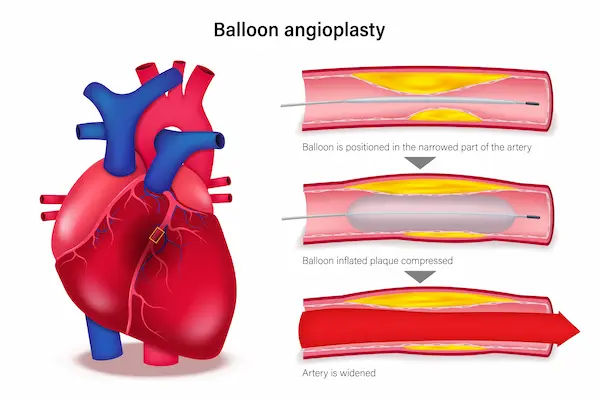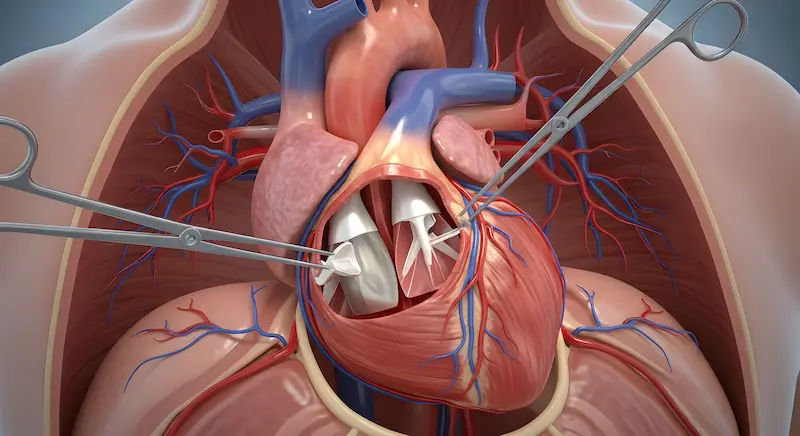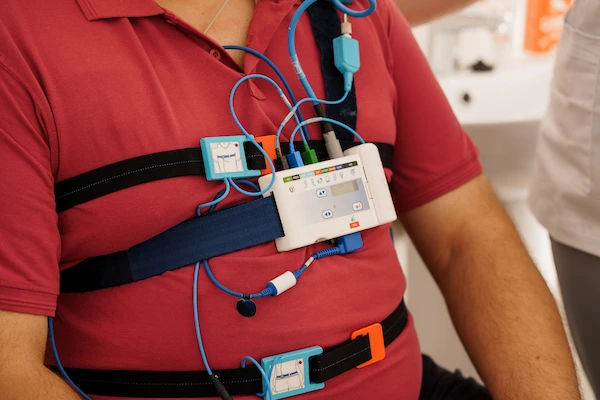- Male
- 26 Years
- 29/01/2025
I'm wondering if it's okay to take pand before meals and inderal la 20 mg after eating each day. I was prescribed inderal la for my palpitations, but I also have some gastric problems. Could this medication schedule work for my situation?
Answered by 1 Apollo Doctors
Yes, you can take Pan-D (Pantoprazole) before food to help with your gastric issues. For palpitations, you can take Inderal LA 20mg after food daily. Make sure to follow the prescribed dosage for each medication.
Dr. Dhankecha Suggests...
Consult a Cardiologist
Answered 04/07/2025
0
0

More Cardiology Health Queries
View allWhat stress can do to your body?
1)Aches/pains 2)Upset stomach(ulcers) 3)Fertility issues 4) Increased risk of heart attacks
Answered by 1 Apollo Doctors
I'm a bit concerned because my ECG results mention something called longitudinal left axis deviation. Is this a serious issue, and do you think I need any further tests or investigations?
Your ECG showing longitudinal left axis deviation may indicate certain heart conditions. Further investigations may be needed to determine the underlying cause and severity. You may need to consult a cardiologist for a thorough evaluation. In terms of medication, there is no specific drug treatment for longitudinal left axis deviation itself.
Answered by 1 Apollo Doctors
I'm a bit confused about my medication change. My doctor used to prescribe Concor AM 2.5mg, but now they've switched me to Concor COR 2.5mg. Can you explain the difference between the two? I'm curious if there's a big change or anything I should be concerned about.
Concor AM 2.5mg is a combination medication containing bisoprolol (a beta-blocker) and amlodipine (a calcium channel blocker), while Concor COR 2.5mg contains only bisoprolol. The main difference is that Concor AM helps control blood pressure through two different mechanisms because of its two active ingredients, while Concor COR works through just one mechanism (beta-blocking). However, since this involves your prescribed medication, you should check with your doctor or pharmacist about why they made this change, as they know your specific medical situation and can explain their reasoning for modifying your prescription.
Answered by 1 Apollo Doctors
Disclaimer: Answers on Apollo 247 are not intended to replace your doctor advice. Always seek help of a professional doctor in case of an medical emergency or ailment.




